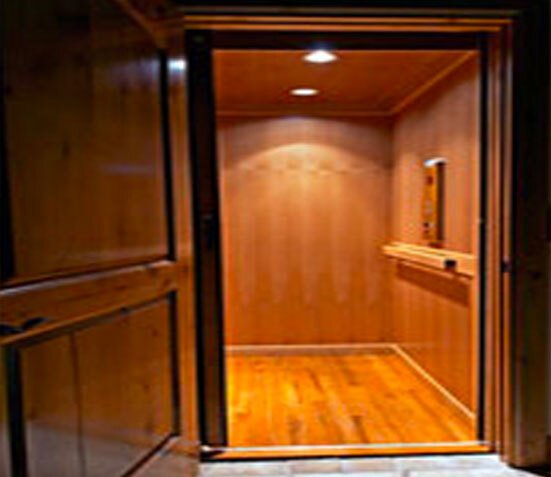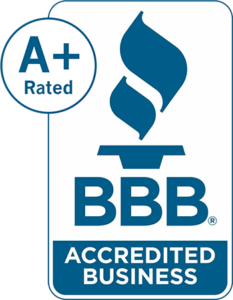A residential elevator offers convenience, accessibility, and a touch of luxury to your home. However, like any mechanical system, it requires regular maintenance to function smoothly and safely. Proper upkeep ensures a longer lifespan, reduces repair costs, and keeps your elevator running efficiently. In this article, we’ll explore essential maintenance tips to help you keep your residential elevator in top condition.
Schedule Routine Inspections and Servicing
Regular inspections are the cornerstone of elevator maintenance. Most manufacturers recommend annual or biannual inspections to identify potential issues before they become major problems. A certified technician will inspect the following:
- Electrical systems for malfunctions.
- Safety devices like emergency brakes and alarms.
- Hydraulic systems or pulleys for signs of wear or leaks.
- Door operations to ensure smooth opening and closing.
Routine servicing will prevent unexpected breakdowns and ensure your elevator meets safety standards.
Lubricate Moving Parts Regularly
The mechanical components of an elevator—such as cables, pulleys, and bearings—need regular lubrication to reduce friction and wear. Proper lubrication helps:
- Prevent noise from grinding parts.
- Ensure smooth operation without jerks or delays.
- Prolong the life of critical components.
Check the manufacturer’s guidelines for recommended lubricants, and have a professional perform this task to avoid over-lubrication or damage.
Keep the Elevator Clean and Free of Debris
Dirt and debris can interfere with the smooth operation of your elevator’s doors and control system. Follow these steps to keep your elevator clean:
- Wipe down panels, buttons, and floors regularly to remove dust.
- Use non-abrasive cleaners to prevent damage to surfaces.
- Check door tracks and remove any debris that could block door movement.
A clean environment reduces the risk of malfunctions and improves the overall appearance of your elevator.
Test the Backup Battery and Emergency Systems
Many residential elevators are equipped with backup batteries and emergency systems in case of power outages. Periodically test these components to ensure they work when needed. Key systems to check include:
- Battery backup to ensure the elevator can operate during outages.
- Emergency alarm buttons and intercoms to confirm they’re functioning.
- Auto-rescue features that bring the elevator to the nearest floor in an emergency.
Replacing backup batteries as recommended by the manufacturer ensures that you’re prepared for unexpected situations.
Monitor and Address Unusual Noises or Performance Issues
Pay attention to any unusual sounds or changes in your elevator’s performance. Squeaking, grinding, or jerking movements could indicate mechanical problems that require immediate attention. Addressing these issues early can prevent:
- Costly breakdowns.
- Safety hazards for passengers.
- Long periods of downtime for repairs.
If you notice anything unusual, contact a certified technician to inspect the system and make necessary repairs.
Ensure Proper Weight Limits Are Followed
Exceeding your elevator’s weight capacity can strain the system and lead to mechanical failures. Make sure all users:
- Know the maximum weight limit specified by the manufacturer.
- Avoid transporting heavy furniture or equipment without checking weight restrictions.
- Understand that overloading can trigger safety systems, causing the elevator to stop unexpectedly.
Hire Professional Technicians for Repairs and Maintenance
While you can handle basic cleaning and monitoring, leave repairs and major maintenance to certified professionals. They have the expertise to:
- Identify and fix mechanical problems.
- Ensure compliance with safety regulations.
- Provide insights on upgrades or replacement parts if needed.
Attempting to fix complex issues yourself can lead to further damage and safety risks.
Review the User Manual for Manufacturer Guidelines
Every residential elevator is unique, with specific maintenance requirements. Always refer to the manufacturer’s manual for:
- Recommended maintenance schedules.
- Guidelines on cleaning products and lubrication.
- Instructions on testing emergency features.
Following these recommendations will keep your elevator functioning properly and in line with warranty conditions.
Maintaining your residential elevator ensures not only smooth operation but also the safety and longevity of the system. By scheduling regular inspections, lubricating moving parts, keeping the elevator clean, and monitoring its performance, you can avoid costly repairs and downtime. Remember, professional service is essential for complex repairs and technical issues. With the right care and attention, your residential elevator will provide you with years of reliable service and convenience.
Houston Elevator Repair, Service, Installation & Sales. Contact us.






Leave A Comment